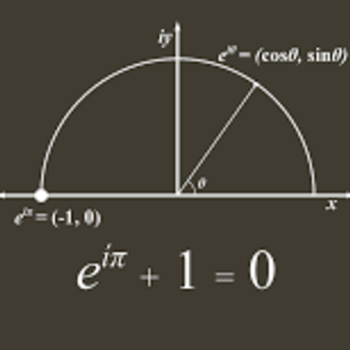Question #f08a8
4 Answers
Undefined, or Zero
Explanation:
By definition, anything being divided by zero (when it is in the denominator) is undefined (as it could be any value).
There is also the property that zero divided by anything is also zero.
This means that
Explanation:
If we try to define
We conclude that
If we try to define
= (0 * 3)/(0 * 3) + (2 * 0)/(3 * 0)
= (0*3+2*0)/(3*0)
= (0 + 0)/0 = 0
Therefore
There is nothing special about
for any number
Our number system collapses to
This is not a useful result.
Another way of saying is, to take
We know that if
Just to add some concrete examples of why
The following are all examples of the form
Example 1
graph{x/x [-10, 10, -5, 5]}
lim_(x rarr 0) x/x = 1
Example 2
graph{x^2/x [-10, 10, -5, 5]}
lim_(x rarr 0) x^2/x = 0
Example 3
graph{sinx/x [-10, 10, -5, 5]}
lim_(x rarr 0) sinx/x = 1
Example 4
graph{(x-49)/(sqrt(x)-7) [-10, 50, -5, 20]}
lim_(x rarr 49) (x-49)/(sqrt(x)-7) =14
Example 5
graph{x/x^3 [-10, 10, -5, 30]}
lim_(x rarr 49) x/x^3 rarr oo
And a suitable example can easily be derived such that the for




